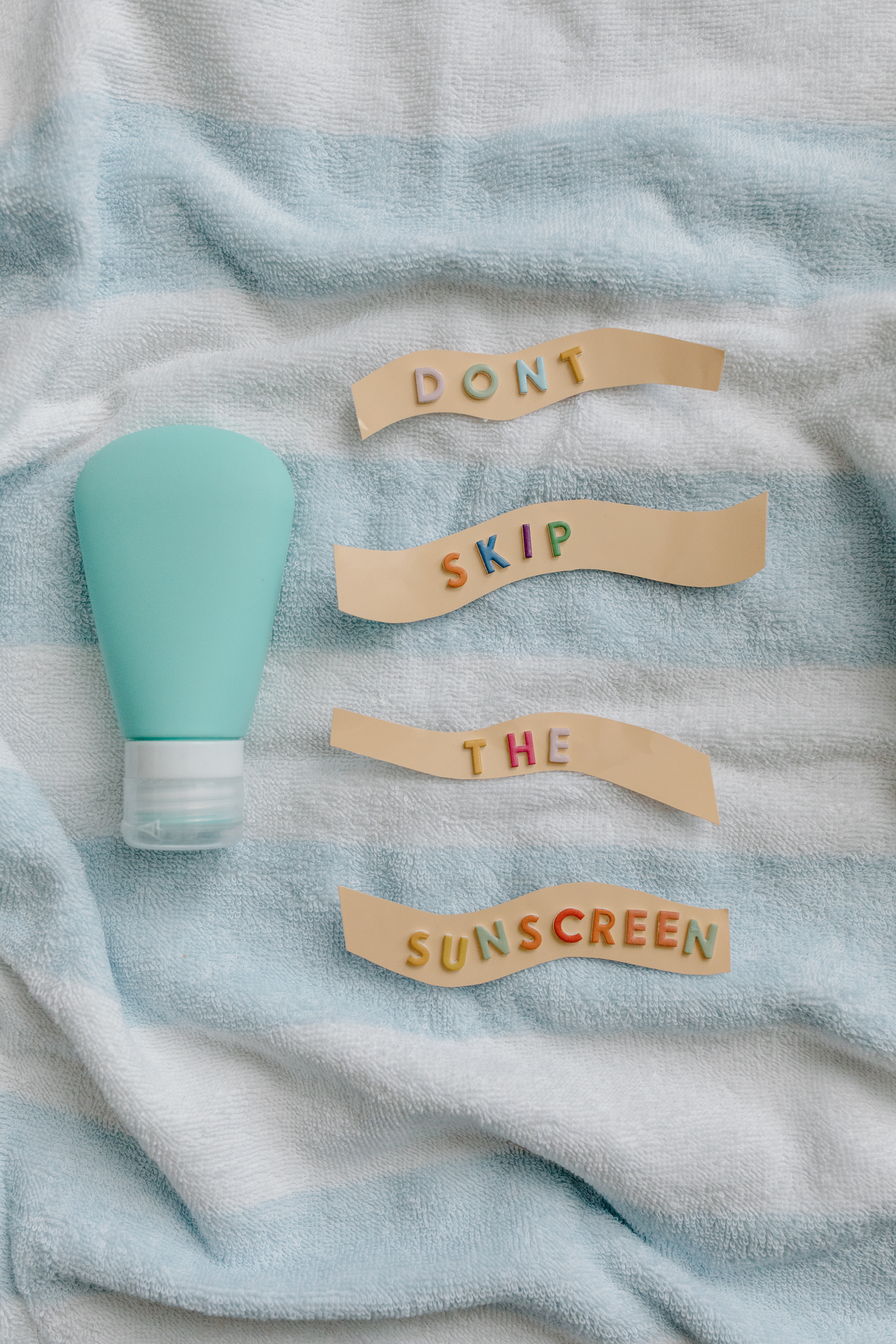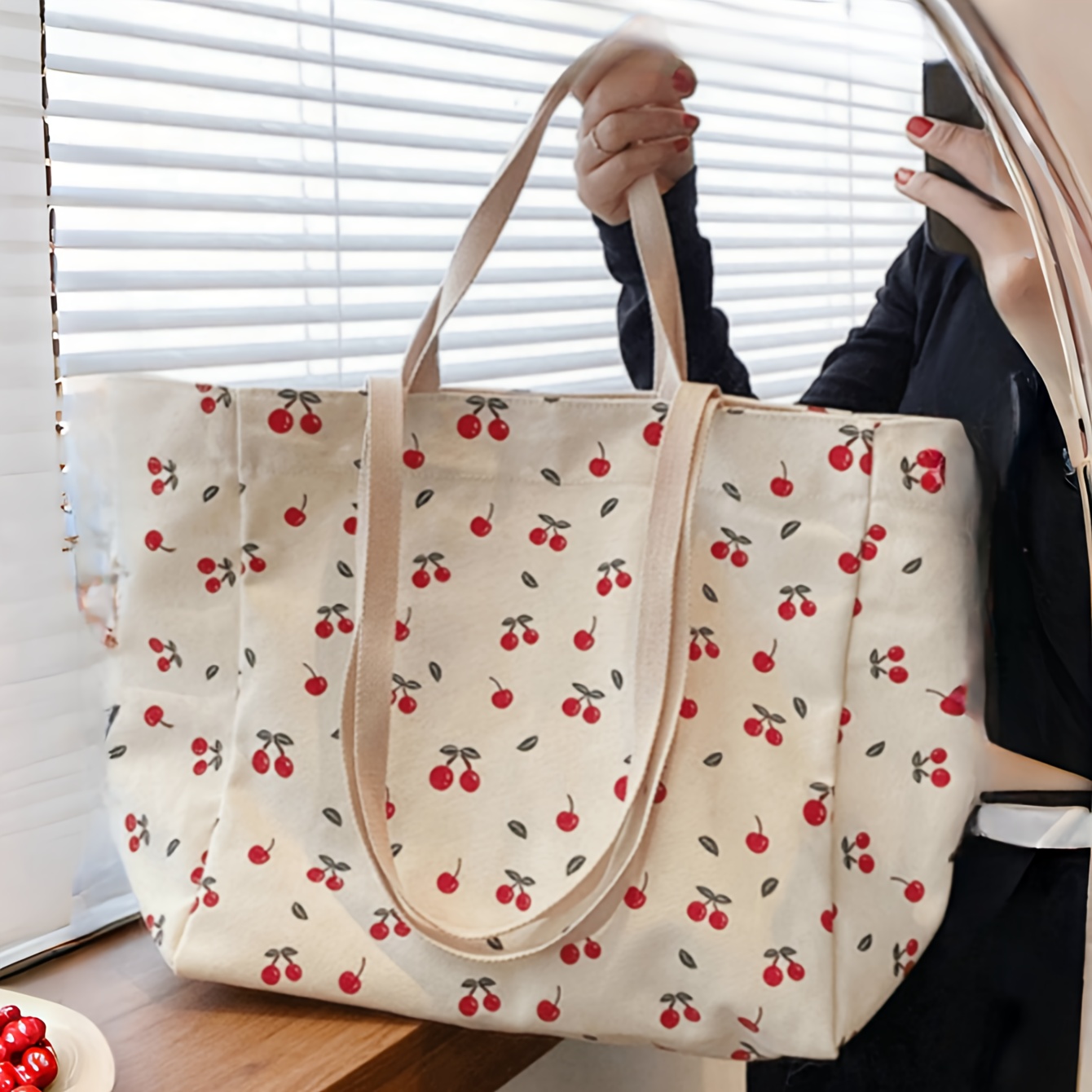Every time I tell people that I'm a skincare content creator, they inevitably ask me the same question: 'What's your secret to great skin?" It's a valid question. After all, I'm in the business of promoting skincare products and treatments. But after years of trying out every supposed miracle cream or serum on the market, I've found there are just a few simple things you can do to maintain healthy, glowing skin for life—and no expensive serums are required!
*This post contains affiliate links
1. Pat in Sunscreen
It's important to be mindful of the sun's rays. Skin cancer is the most common form of cancer in the United States, and it can be caused by exposure to UV radiation from the sun. The best way to protect your skin from this kind of damage is with sunscreen--but there are a few things you should know about applying it properly: Apply sunscreen at least 15 minutes before going outside so that it has time to absorb into your skin and protect against UVA/UVB rays.
Reapply every two hours or more often if you're swimming or sweating heavily (and remember that water-resistant sunscreen doesn't last as long!). Choose a broad-spectrum formula containing zinc oxide or titanium dioxide for added protection against UVA rays; these ingredients block both UVA light (which penetrates deeper into the skin) and UVB light (which burns). If you don't know which sunscreen to choose I recommend Beauty of Joseon Relief Sun.
2. Drink More Water
Water is essential to health. It helps you lose weight, avoid constipation and headaches, maintain healthy skin and eyesight, and fight off signs of aging like wrinkles. The recommended amount of water to drink each day is eight glasses (64 ounces). If you're not sure how much that is in cups or ounces--or if you'd rather just not count at all--you can use this simple trick: fill up your car's gas tank once every day instead! That's how much water the average person needs each day.
3. Learn How to Properly Exfoliate Your Skin
If you want to have healthy, glowing skin, exfoliation is an important step. Exfoliating helps remove dead skin cells and allows new ones to grow. It also improves circulation and makes your complexion look brighter.
There are two types of exfoliators: manual and chemical. Manual exfoliators include scrubs made with natural ingredients like apricot kernels or walnut shells (you can buy these at drugstores). Chemical exfoliants include alpha hydroxy acids (AHAs) like lactic acid or beta hydroxy acids (BHAs) such as salicylic acid--you'll find these in skincare products like cleansers or toners. Both types are effective at sloughing off dead cells, but chemical ones tend to be gentler on sensitive skin types because they're less likely than manual scrubs to irritate if overused or applied too vigorously on areas where there's already inflammation or irritation from acne breakouts, eczema patches or psoriasis lesions.
*Note: If you have sensitive skin that reacts negatively when exposed to too much heat/cold temperatures then it may take some trial-and-error before finding a product line that works well with your particular needs; however there are plenty out there so don't give up hope yet!
4. Get 8 Hours of Sleep Every Night
Sleep is the time when your body repairs itself and rejuvenates. If you're not getting enough sleep, it can have negative effects on your skin. You may notice that your complexion looks duller and more tired than usual. Your skin also needs time to repair itself after exposure to sunlight or other types of environmental damage during the day. Getting enough quality rest will help your body perform these tasks efficiently and effectively so that you wake up with glowing, healthy-looking skin every morning!
5. Cleanse, Tone, and Moisturize Regularly, in That Order
Cleanse your skin first. This is the step that removes dirt, makeup, and other impurities from your face. Tone your skin. Toning helps to balance out any oils that may have been removed during cleansing (which can cause acne). Toning also prevents the skin from becoming too dry after cleansing or exfoliating by adding moisture back into it. If you're wondering why you should bother with toners at all, consider this: They're one of the least expensive ways to take care of yourself!
Moisturize your face afterward--but only if it needs it! You might need more moisturizer if you live in a cold climate or spend a lot of time outdoors without protecting yourself from windburns or sunburns; otherwise, once every few days will suffice for most people.* Treat yourself to a facial once every month or two if possible - it'll help keep breakouts under control while boosting circulation at deeper levels within the dermis layer where wrinkles form over time due to lack of blood flow activity near those deeper layers.
6. Healthy lifestyle
Having great skin is a combination of genetics and lifestyle choices. You can't control your genetics, but you can make smart lifestyle choices that influence how your skin looks.
Here are a few things to keep in mind: Skin is a reflection of your overall health. If you have great skin and want to keep it looking that way, then you should pay attention to what goes into your body (and out). What we put into our bodies has an impact on how our skin looks--and not just because junk food makes us fat! There are also many studies showing that certain foods can help improve blemishes or reduce wrinkles.
Genetics plays a role in how we age as well. While some people may develop wrinkles at 30 while others don't start until they're 50 or older, there's no way around aging completely--it happens whether we like it or not! But if one person develops wrinkles earlier than another person due solely to genetics without any other factors involved (like lifestyle choices), then they might want to try using a moisturizer regularly throughout their life so as not to exacerbate the damage caused by dryness over time; however, this won't necessarily prevent them from getting deeper lines later down road even though they started early...
I hope you found these tips helpful. As with most things in life, the key to great skin is balance. You can't just do one thing and expect instant results--you have to do a little bit of everything! But if you take care of yourself daily and pay attention to what works best for your unique skin type, then it won't be long before others start noticing how radiantly beautiful they think you look too.















Post a Comment